Canva, the world’s only all-in-one visual communication platform, unveiled updates for its growing Canva Developers community, as part of its vision to build the world’s most pluggable design platform.
At the company’s second annual Canva Extend conference in San Francisco, Canva introduced several new APIs, monetization through a premium apps program and added tools to help builders scale their businesses.
In one year, Canva’s developer community has expanded to include members from 122 countries, contributing to a marketplace of 300 apps and counting. These apps have been used 1 billion times since the start of the Canva Developer Program in June 2023. Building on the Canva platform gives developers a simple way to put their app in the hands of Canva’s 190 million monthly active users, who in turn benefit from access to new technology to achieve their goals.
“Our vision is to create the most interoperable work platform through apps and integrations, while offering a rewarding experience for the developers who build them,” said Anwar Haneef, GM and Head of Ecosystem at Canva. “In partnership with developers from around the world, we’ve introduced hundreds of AI and design capabilities and are scaling Canva faster than ever. We’re incredibly excited to continue growing together in the years ahead.”
Canva adds value and growth opportunities for app developers
Users in an infinite range of professions and organizations are already embracing apps on Canva to speed up content creation, enhance their editing and find new inspiration.
Today’s updates expand what can be built on Canva, and make apps easier for users to discover:
- Monetization – With the Premium Apps Program, eligible developers can include premium features in their apps and get paid for those features based on engagement.
- Translation services – Canva will translate app content to help developers engage its global user base, for free.
- Easier app discovery – Apps will now be shown alongside Canva’s own editing tools on the platform’s Text tab, Elements tab, Photo Editor, inside Canva Docs and more. This makes it easier for users to find apps most relevant to their work.
- New app APIs – Canva is expanding its Canva Apps SDK with a new suite of capabilities:
- Content Query API – enables apps to read and update text, unlocking possibilities for translation apps, document AI assistants, writing assistants and more.
- Design Editing API (beta) – makes design and layout automation easy, such as for an app that adds or modifies elements in a plain design based on prompts.
- Tables API – lets apps add tables with content to designs.
- Authentication API – simplifies authentication for apps, making it easier to implement industry-standard OAuth protocol.
In addition to APIs and monetization opportunities, Canva Developers have access to resources that range from app design to go-to-market assistance.
“With so many marketers using Canva to create organic and paid media assets for Meta, we wanted to build an app that makes it seamless for them to apply Meta’s creative best practices. We worked hand-in-hand with Canva on design, development, and go-to-market efforts for the Meta Design Check app, which truly simplifies the creative process for our users,” said Cecilia LV, Strategic Partnerships Lead at Meta.
A growing AI ecosystem
Following Canva’s acquisition of Leonardo.Ai in July, Canva also announced that developers can apply for access to Leonardo’s APIs, and receive initial credits to build their app.
Apps and integrations have become core to Canva’s AI strategy, and more than half of what’s found in the Canva Apps Marketplace is AI-powered. AI developers are finding a passionate audience on Canva. For example, during their first month on Canva, DeepReel grew new user sign ups by more than 10x, and Krikey 3D AI Animation saw a 23x increase in site traffic the day after launching their app on Canva.
Connect APIs and new Salesforce integrations show the power of a pluggable workflow
Since their launch in June of this year, organizations have been leveraging Canva’s Connect APIs to embed Canva into their workflows or products, with more than 300 Connect API integrations in active development.
Last week, Canva introduced Canva for Salesforce, a set of integrations powered by Connect APIs that turn custom datasets into assets that leave a lasting impression.
Sales teams can populate on-brand Canva templates with opportunity or account information from Salesforce in a single click, and also generate charts using data input from Salesforce. By automating the creation of custom presentations and pitch assets, sales teams can better focus on strategy and closing business.
Salesforce is one of several work platforms building on Canva, joining apps from Amazon Ads, Meta and Google Ads. Connect APIs are also bridging Canva with cloud integration platforms (iPaaS) like Workato, Zapier and Make.
Developer initiatives support Canva’s enterprise growth
Today’s announcements follow the launch of Canva Enterprise in May 2024, which gives organizations more control over how their teams use Canva. The addition of new APIs and developer resources makes it easier for teams to access essential data and use Canva alongside other essential workplace tools. Canva is now used in 95% of Fortune 500 companies, and has surpassed 190 million users and $2.3B in revenue.
SOURCE: BusinessWire
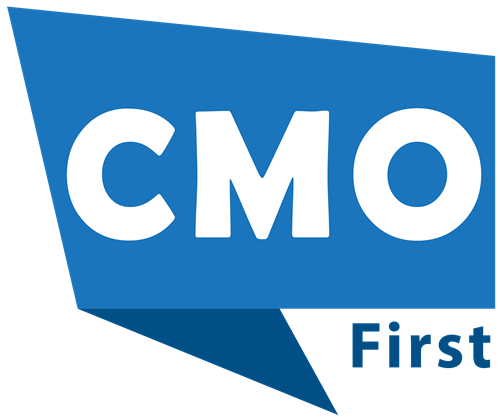






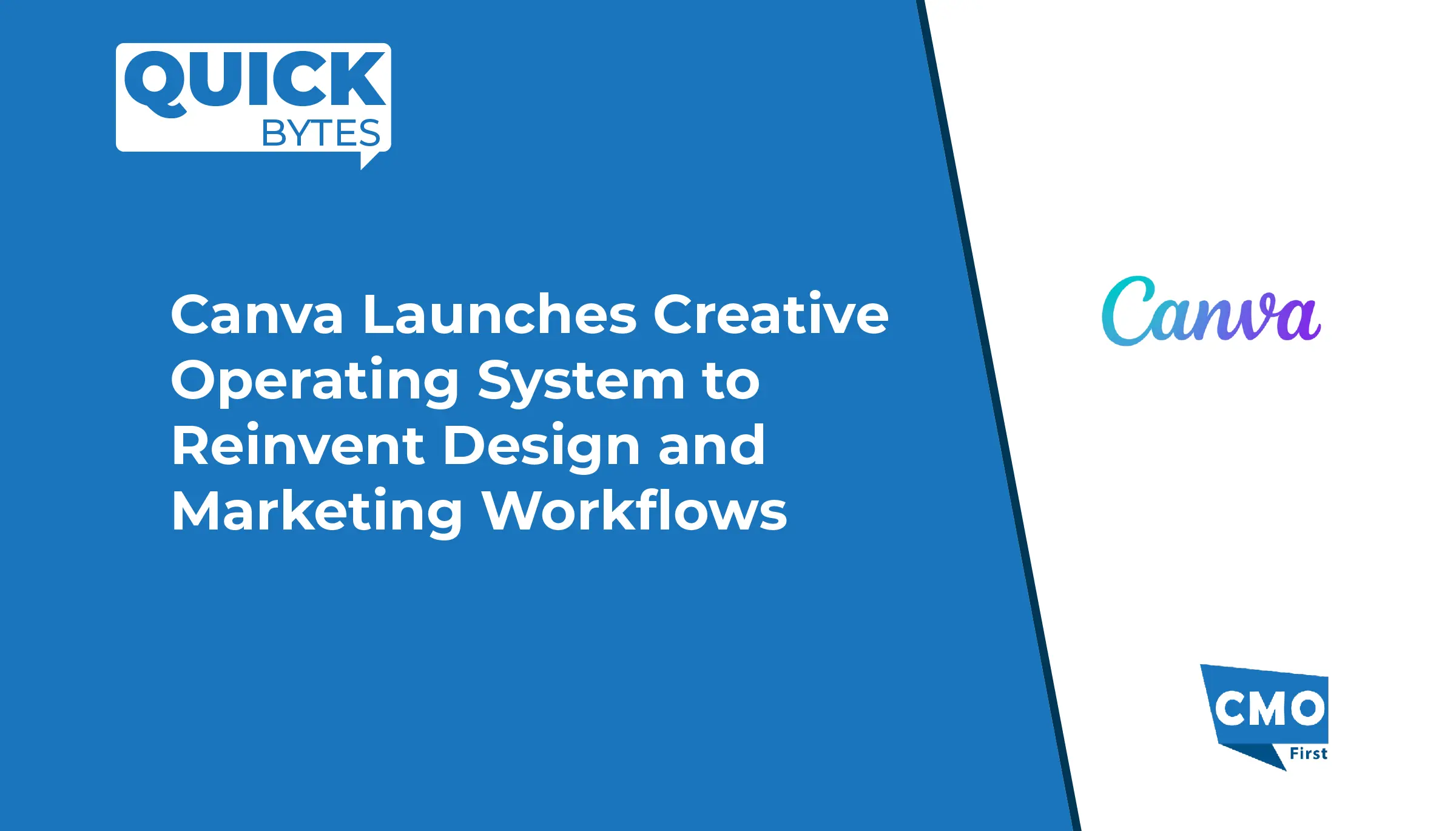
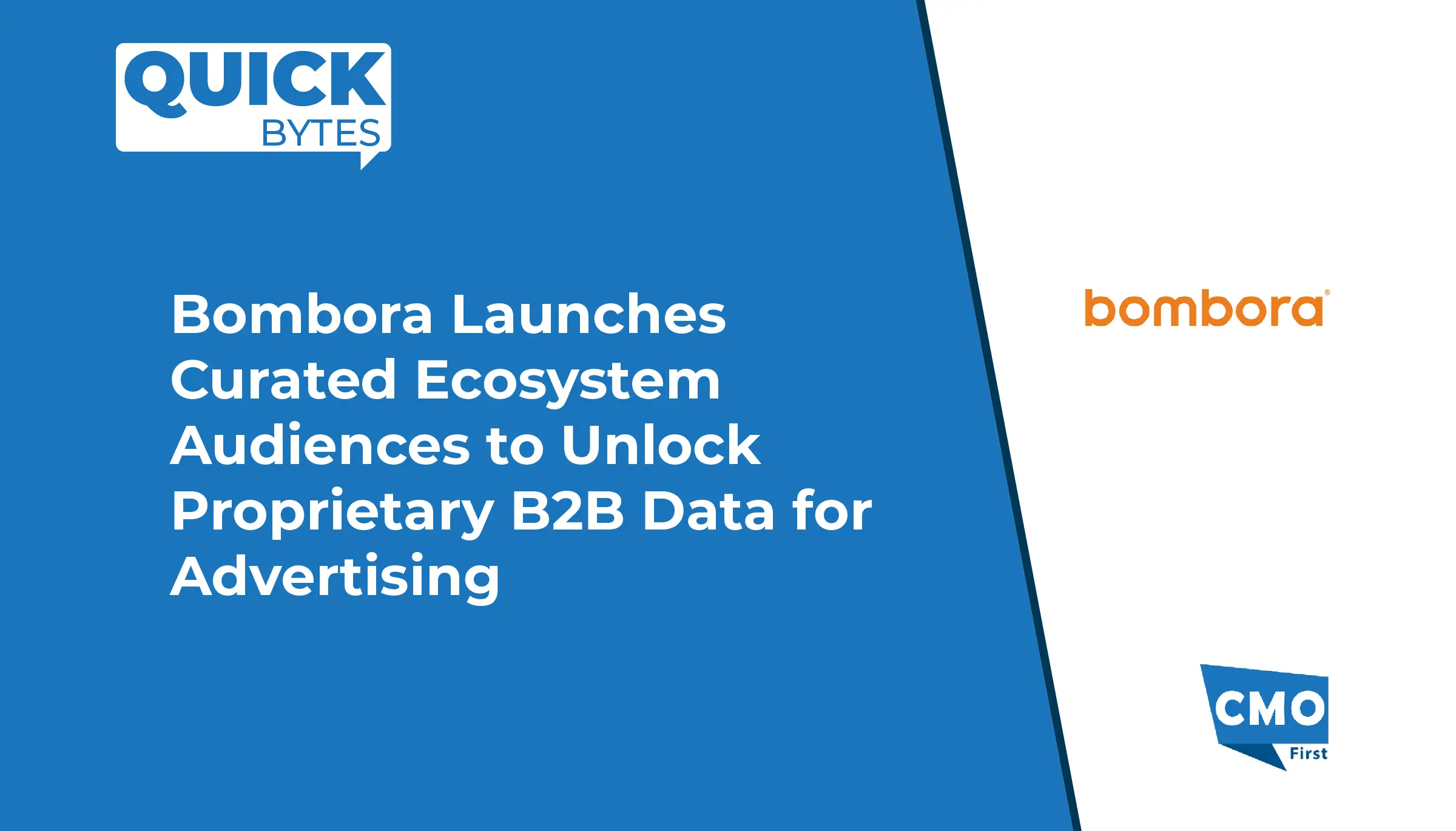


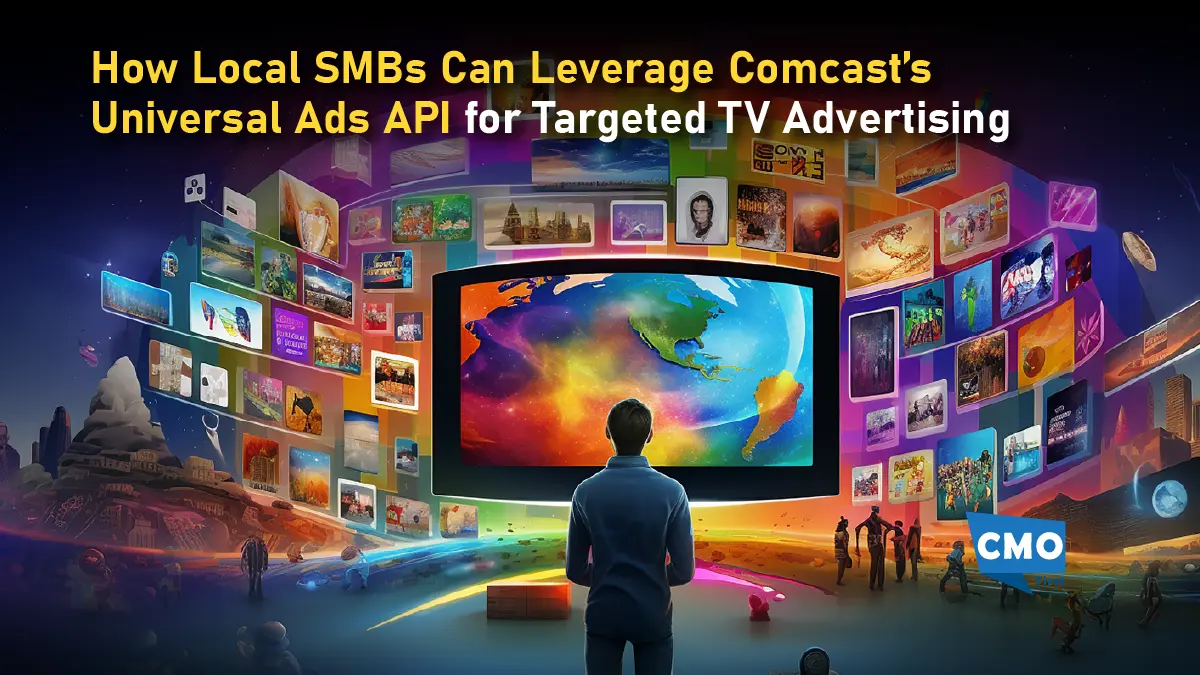

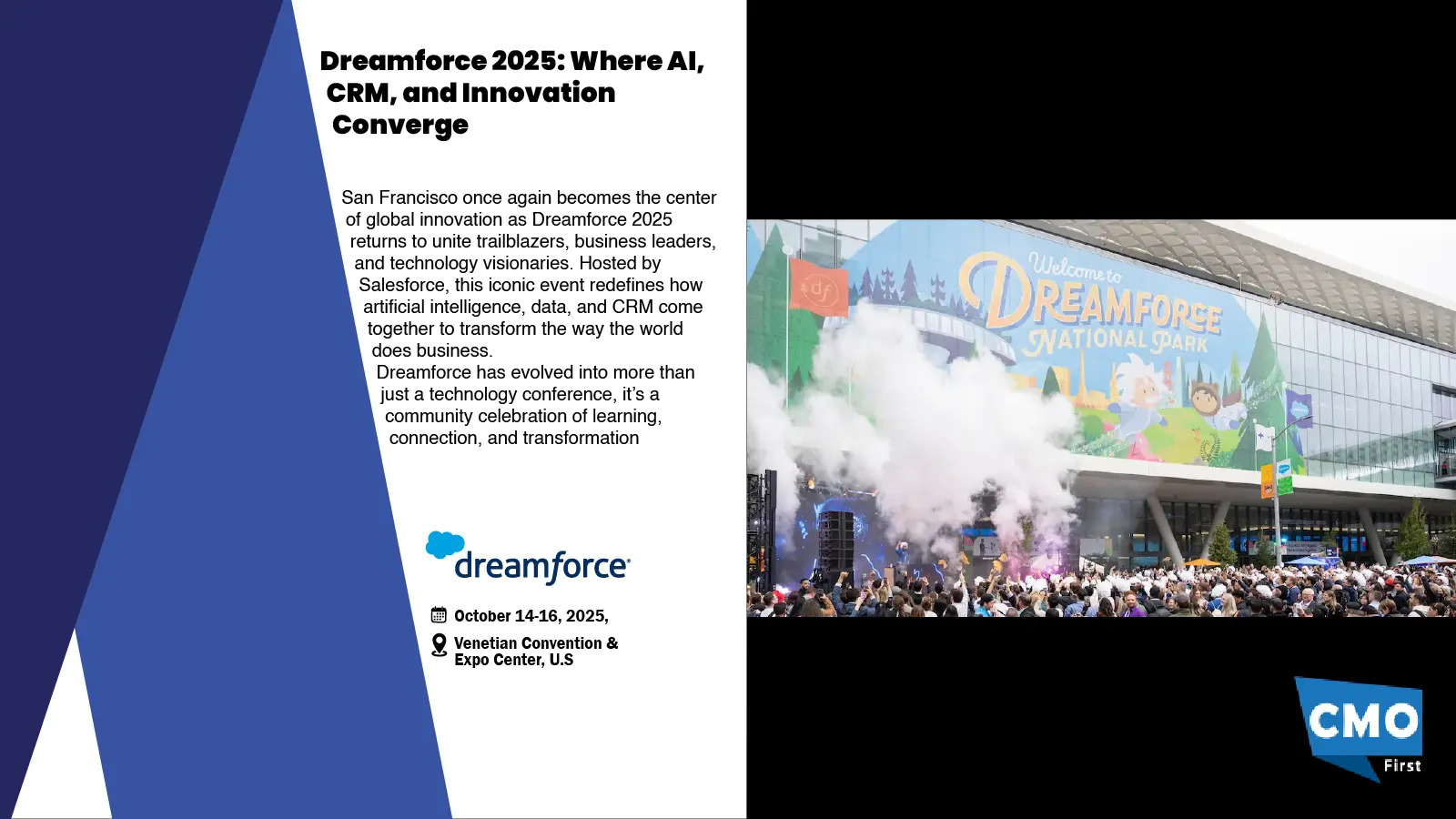
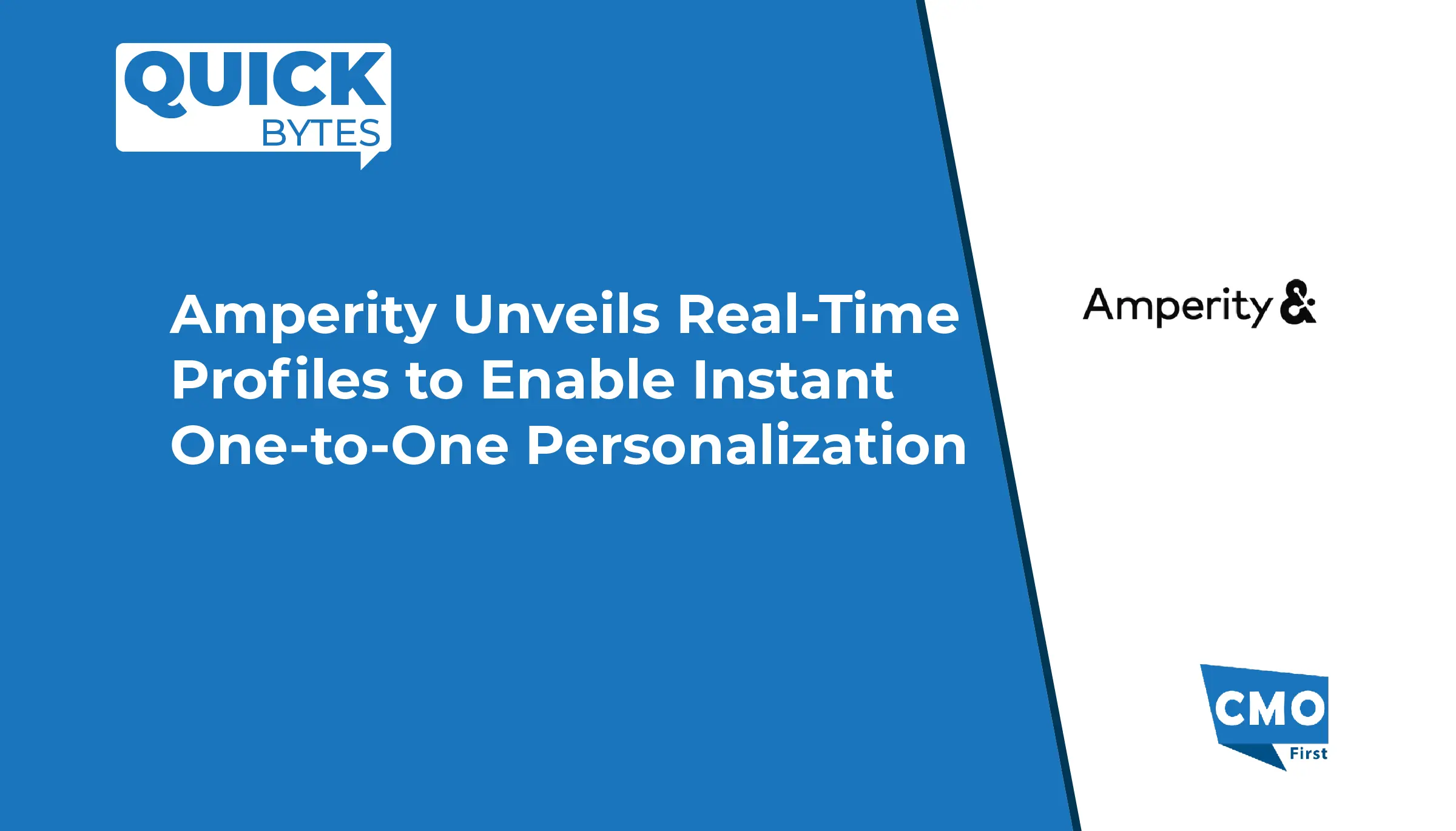
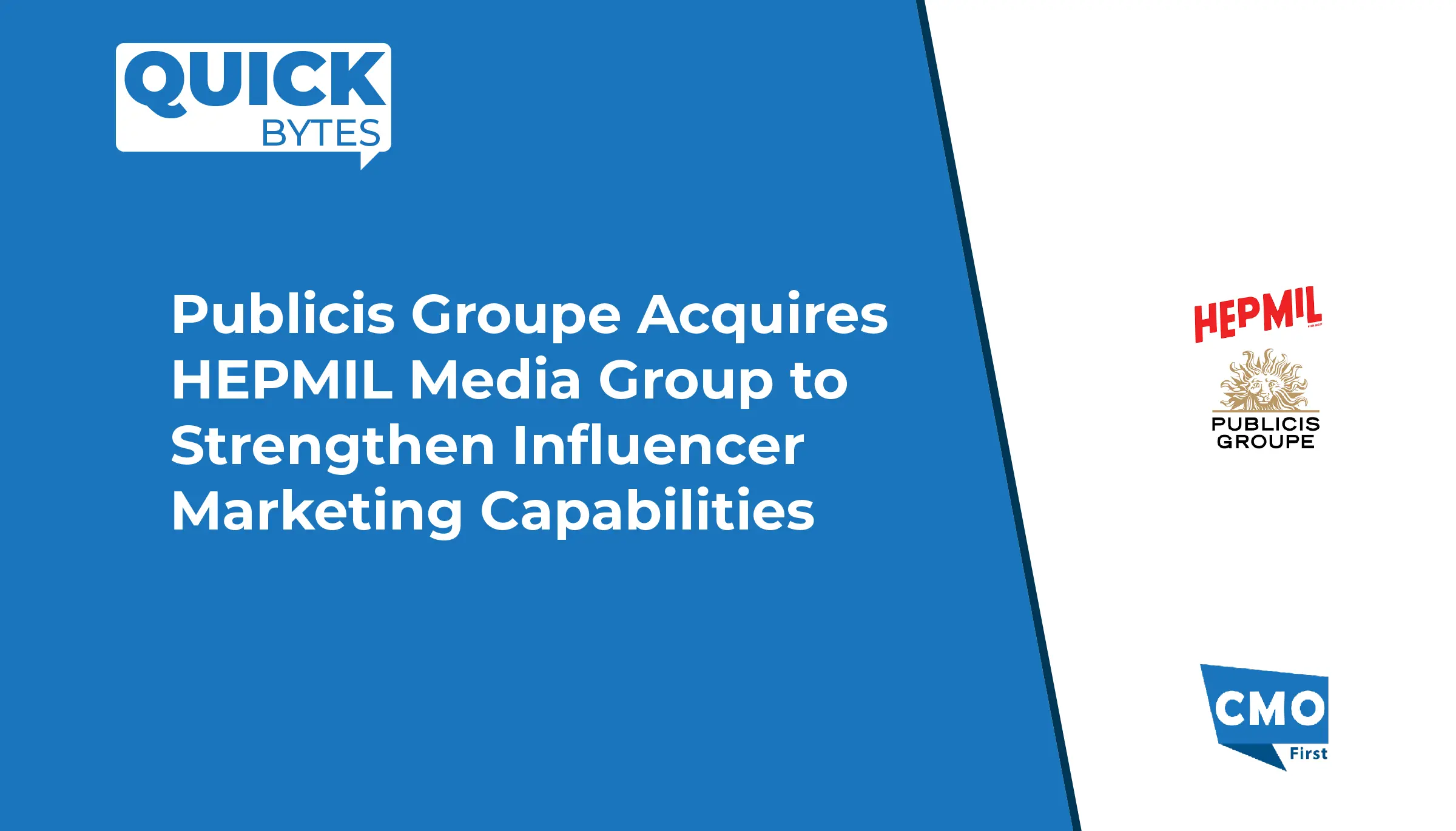
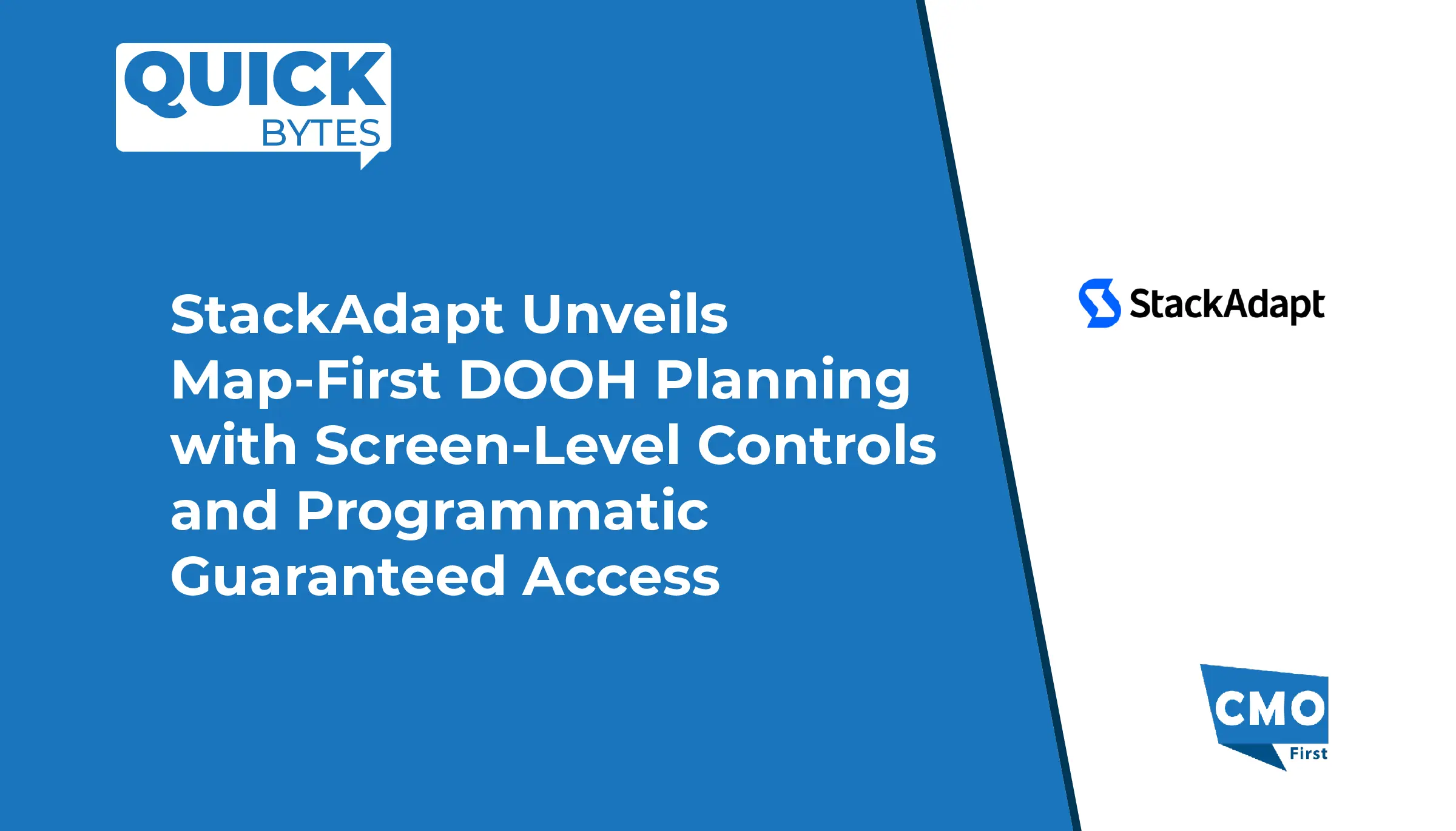



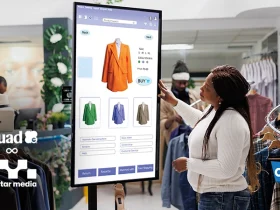
Leave a Reply